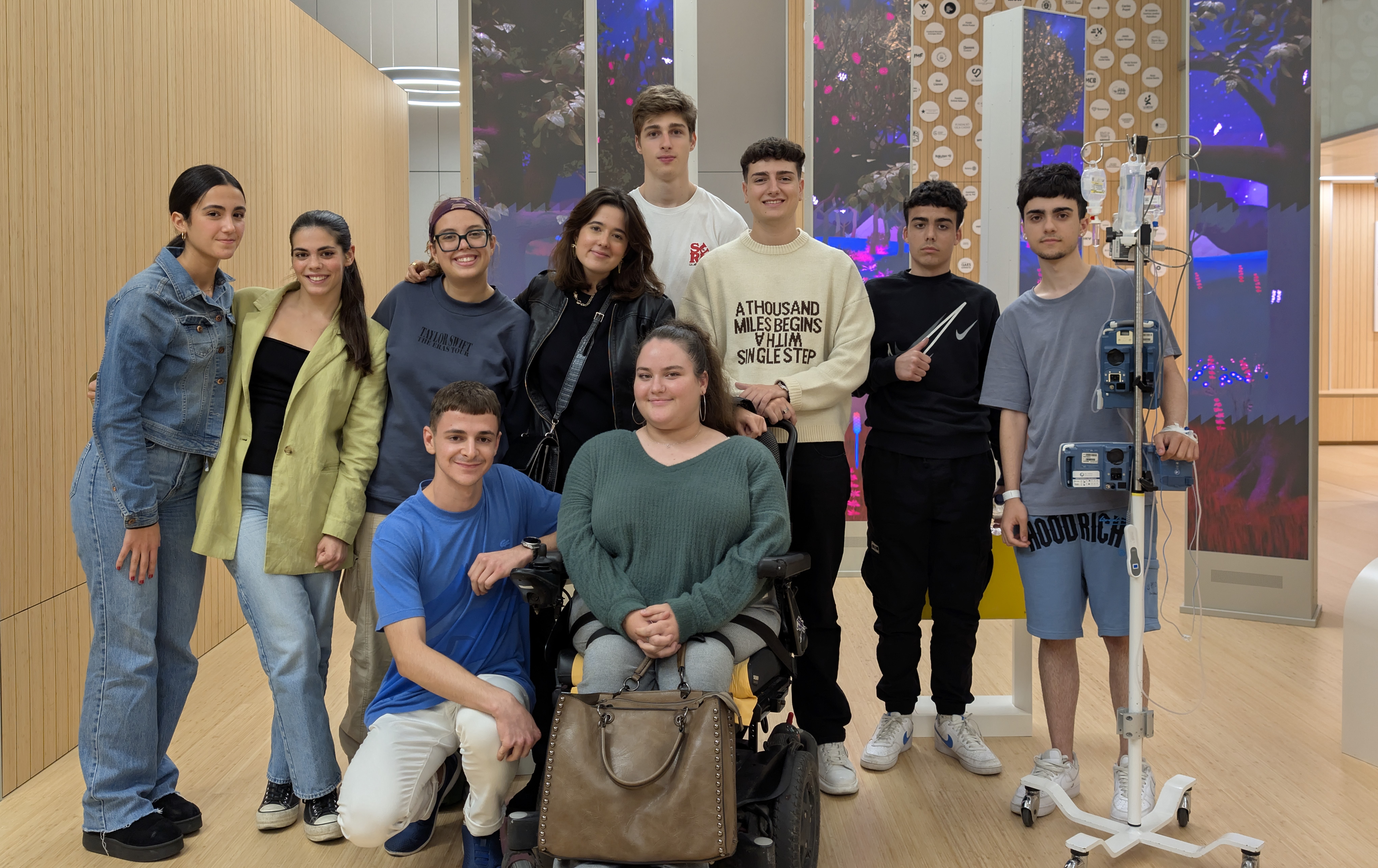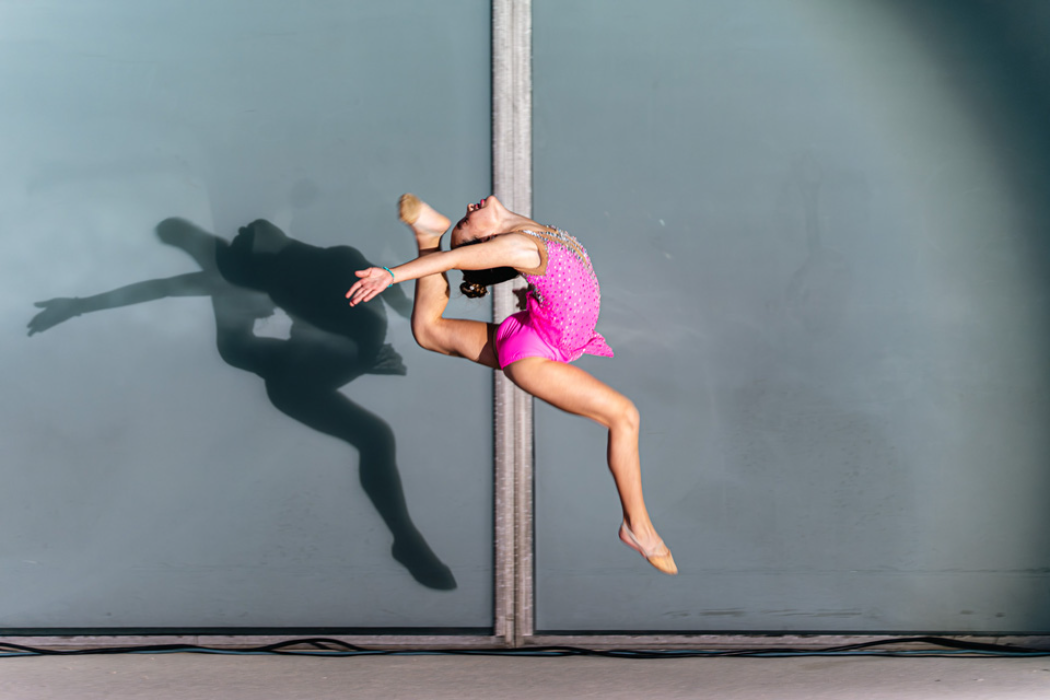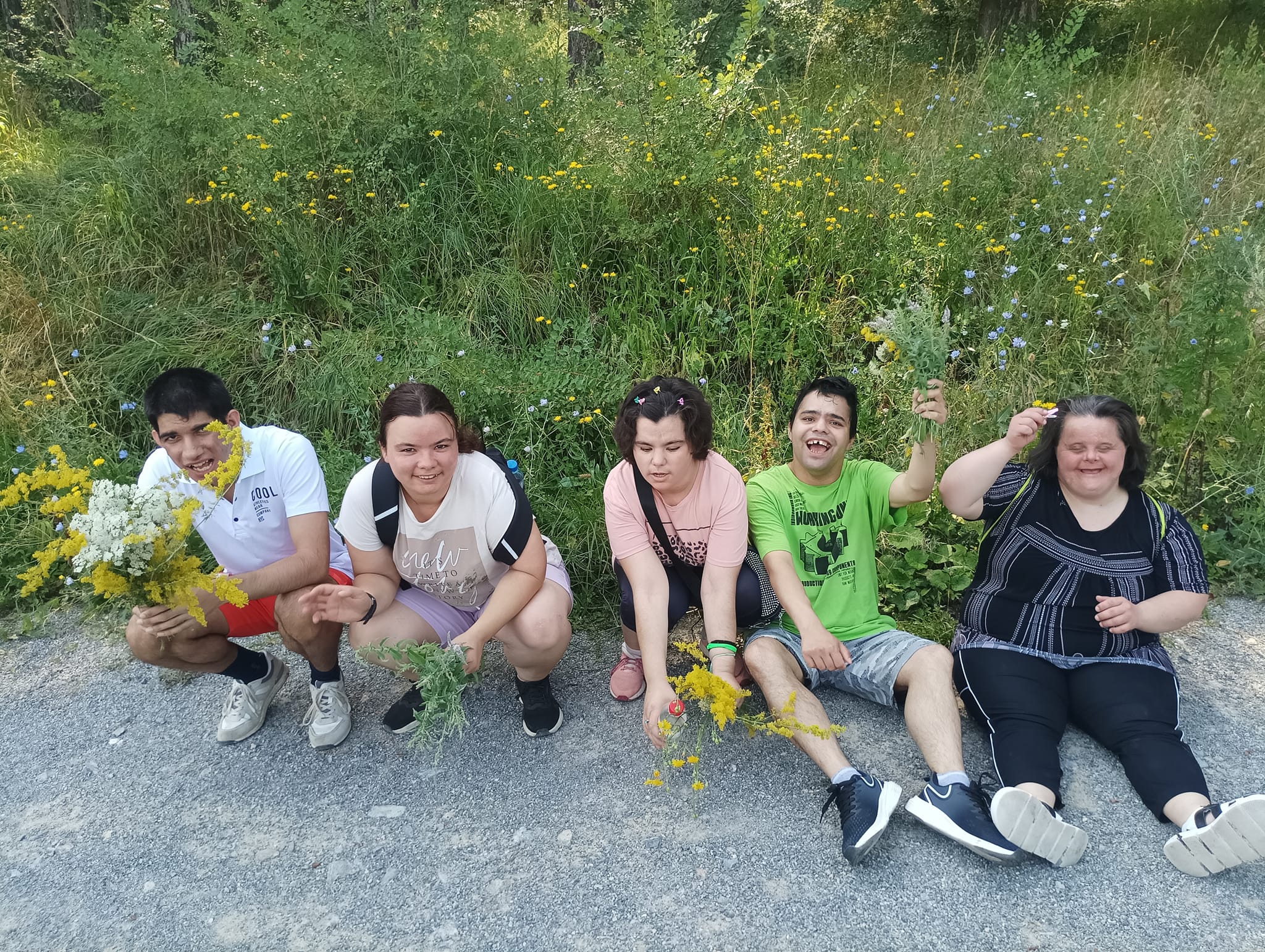Invisible barriers, visible challenges: Health is not a privilege
Ahead of the European Day of Persons with Disabilities conference, Eurochild member Sant Joan de Déu Research Foundation shares the importance of recognising visible and invisible disabilities and diseases as well as the impact they can have on children’s mental health.
At the Sant Joan de Déu Research Foundation, we established a youth council (called KIDS Barcelona) in 2015 to uphold the rights of children and young people regarding access to healthcare, particularly access to health research. This council acts as a direct liaison between our research teams and young patient representatives, with the goal of ensuring that the rights described in Articles 12 and 24 of the UNCRC are consistently integrated into the design and implementation of health research initiatives.
When we think of children and young people living with disabilities, we often picture someone in a wheelchair or with a visible disability. However, many invisible diseases impose significant limitations that are not immediately apparent. As a result, society may fail to recognize the unmet needs of these young people, potentially overlooking actions that could facilitate their inclusion.
Children and young people, even those with an invisible disease or condition, have the same rights as their healthy peers. This includes the right to optimal healthcare, education, and all the rights outlined in the Convention on the Rights of the Child, which has been endorsed by 196 countries globally. Our institution approaches health holistically, addressing not only its biological but also its psychological and social dimensions.
It is never too late, but we are behind in taking measures to ensure the full rights of children and young people living with both visible and invisible disabilities. We must also consider that these challenges, and sometimes discrimination, will likely persist as these young people become adults. We need to secure these rights through adulthood, aligning with the Universal Declaration of Human Rights.
Allow us to share three examples that illustrate the profound impact disabilities can have on young people:
- Eric’s story: Eric faces an ultra-rare, invisible condition that causes severe relapses, leading to extreme pain and requiring extended stays in pain clinic. He cannot attend regular school and lacks access to a support teacher because he is over 16. In Spain, this public service is only available for children under 16 who are ill.
- Nora’s story: Nora lives with spinal muscular atrophy and uses a wheelchair. If education is a universal right, why aren’t the specific needs of young adults considered when they enter university? Nora lacks the support person necessary to assist with her basic daily needs, and as she is not fully autonomous, this presents an everyday challenge.
- Sergi’s story: At 14, Sergi was diagnosed with osteosarcoma, and due to complications, he underwent an amputation. Now he uses a prosthesis on his right leg. Accessing the job market has been challenging, as many employers do not fully understand his needs and often assume he is unqualified for tasks he is, in fact, capable of performing.
These stories highlight the emotional impact of being a child or a young person living with a disability. This is not only about healthcare services but also about providing integrative care and services to ensure equity and inclusion—aspirational goals that still present significant challenges in Europe. Involving children and young people in the design of solutions is essential to uphold the principles of the UNCRC and the Universal Declaration of Human Rights. Groups like KIDS Barcelona, part of eYPAGnet (European Young Person’s Advisory Groups), can contribute to designing solutions that prevent discrimination against children and young people with disabilities caused by disease.
It is never too late!
For further information please contact Begonya Nafria, Head of Patient Engagement in Research at Sant Joan de Déu Research Foundation.





